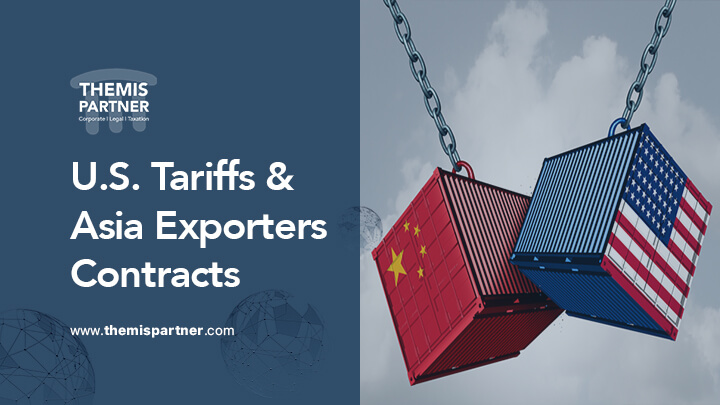Understanding Legal Frameworks
Understanding the legal frameworks in Asian markets is crucial for effectively enforcing legal documents. Enforcing legal documents requires a comprehensive understanding of the legal systems, processes, and requirements specific to each country or jurisdiction in Asia.
The first step is to conduct thorough research and due diligence on the legal framework of the target market. This includes understanding the laws, regulations, and procedures related to contract enforcement, intellectual property protection, and dispute resolution.
To enhance enforceability, it is essential to localize legal documents to comply with local laws and language requirements. Working with experienced local legal counsel can provide valuable insights and ensure that documents are drafted and structured appropriately.
Securing Local Support
Collaborating with a local lawyer can provide numerous benefits. They understand the local legal landscape, including procedural requirements, court systems, and enforcement mechanisms, which are essential for navigating the document enforcement process successfully.
Local legal experts/lawyers have a deep understanding of cultural nuances, language barriers, and negotiation styles, enabling effective communication with local authorities and counterparts. They can help interpret and translate legal documents accurately, ensuring their enforceability in the local context.
Moreover, collaborating with a local lawyer provides access to their established network of contacts, including local law firms, government agencies, and industry associations. This network can be invaluable in obtaining local support, gathering relevant information, and expediting the document enforcement process.
ℹ️ Themis Partner helps you with business contracts, HR documents, employment contracts… You can contact one of our lawyers for further information.
Get the legal advice you need to navigate the complexities of the region's legal landscape.
310 client reviews (4.8/5) ⭐⭐⭐⭐⭐
Localizing Enforcement Strategies
Localizing enforcement strategies is essential for successful implementation of legal documents in Asia. It involves tailoring approaches to align with the specific legal, cultural, and business practices of each Asian market.
Understanding the local legal landscape, including enforcement procedures and judicial systems, is crucial. Adapting strategies to comply with local laws and regulations ensures effective enforcement.
Cultural factors must also be considered. Communication styles, negotiation techniques, and dispute resolution methods may vary across Asian countries, requiring localized approaches to engage effectively with local counterparts.
Collaborating with local legal experts, law firms, and enforcement agencies can provide valuable insights and guidance. Their expertise can help tailor enforcement strategies to navigate the intricacies of each Asian market and increase the chances of successful implementation of legal documents.
- Remarks:
Collaborating with local legal experts, law firms, and enforcement agencies can provide valuable insights and guidance. Their expertise can help tailor enforcement strategies to navigate the intricacies of each Asian market and increase the chances of successful implementation of legal documents.
Cultural Factors and Legal Compliance
Cultural factors play a significant role in document enforcement in Asia. Navigating these challenges requires understanding the cultural nuances and incorporating them into legal compliance strategies. Building relationships based on trust and respect is crucial for effective enforcement. Additionally, adapting communication styles, negotiation approaches, and dispute resolution methods to align with the cultural context can enhance the likelihood of successful document enforcement. By recognizing and addressing cultural factors, businesses can navigate the challenges and increase their chances of achieving successful document enforcement in Asian markets.
Contractual Clauses for Effective Enforcement
Drafting legal documents with effective contractual clauses is crucial for enforcement in Asia. Best practices include incorporating clauses that address specific cultural, legal, and business considerations in the region. This may involve selecting appropriate dispute resolution mechanisms, such as arbitration, to avoid lengthy court proceedings. Choosing the governing law and jurisdiction carefully can also impact enforceability. Additionally, including remedies, liquidated damages, and indemnification provisions tailored to the specific legal landscape in Asia strengthens the document’s enforceability. Considering local legal requirements, language, and cultural nuances ensures clarity and minimizes potential challenges. By following these best practices, businesses can increase the chances of successful enforcement of their legal documents in Asia.









